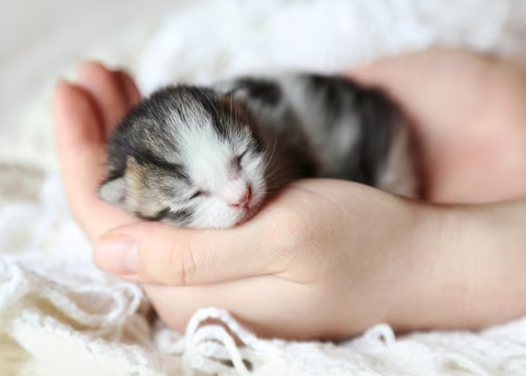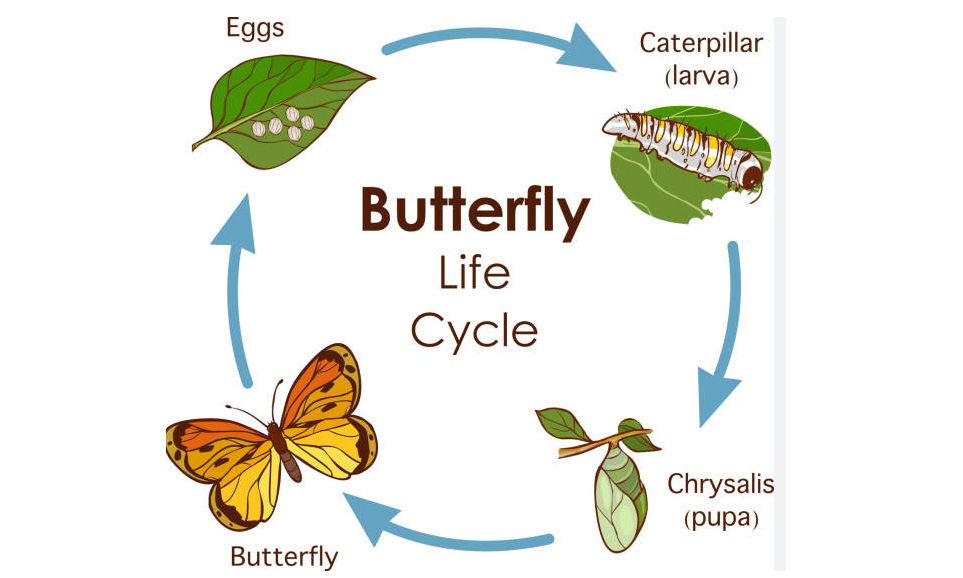Newborn kittens are one of nature’s most delightful creations. Their tiny paws, soft mews, and playful antics can melt the heart of any animal lover. Understanding how to care for these fragile little beings not only ensures their wellbeing but also fosters a special bond between humans and their feline companions.
Caring for Newborn Kittens
Caring for newborn kittens requires special attention, as they are completely reliant on their mother—if she is available. If the mother cat is unable to nurse, you’ll need to step in. Newborns typically need to be fed every 2-3 hours with a high-quality kitten milk replacer, as cow’s milk can be harmful to them. Make sure to use a bottle specifically designed for kittens; it will have the right nipple size to prevent choking. In addition to feeding, kittens need to be kept warm since they cannot regulate their body temperature. A cozy bed with soft blankets in a warm room is essential for their comfort and growth.
Recognizing Health Issues
Newborn kittens can face a variety of health challenges in their early days, making vigilance critical. It’s important to keep an eye out for any signs of distress, such as lack of appetite, prolonged crying, or lethargy. A healthy kitten will be active, and their eyes will be closed until about 1-2 weeks old. If you notice any unusual symptoms, such as difficulty breathing or an unusually thin or bloated belly, consult a veterinarian promptly. Early intervention is often crucial in addressing health problems, improving the chances of a successful outcome.
Socialization and Development
Socialization plays a pivotal role in a kitten’s development. From 2 to 9 weeks old, kittens are particularly receptive to human interaction and learning essential behaviors. Gently handling and playing with them helps promote a friendly demeanor and teaches them how to interact with people and other pets. Simple toys, like small balls or feathers on a string, can stimulate their natural hunting instincts while providing an outlet for their energy. Positive experiences during this critical period will help ensure that they grow into well-adjusted and sociable adult cats.
In conclusion, caring for newborn kittens can be both a rewarding and challenging experience. By providing the right nutrition, monitoring their health, and engaging in socialization, you can give these little bundles of joy the best start in life. For more tips and detailed care guides, consider reaching out to local animal shelters or veterinarians, or even browsing reputable websites dedicated to feline care. Here’s to making the world a better place for our furry friends!




